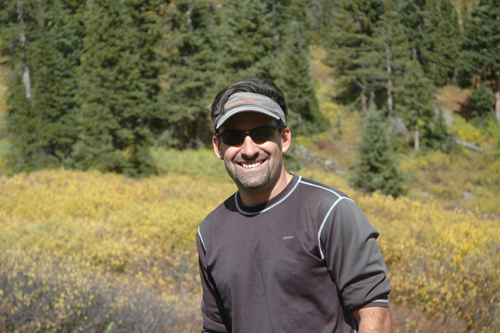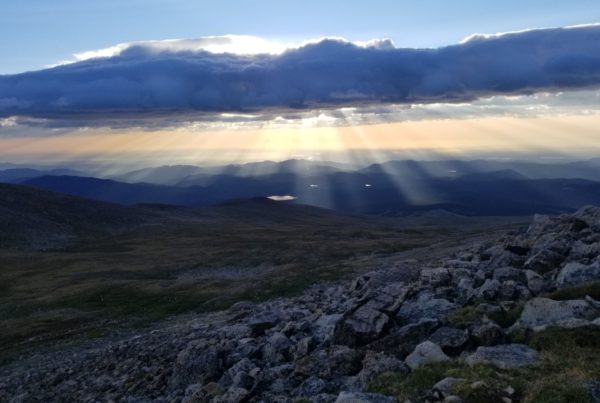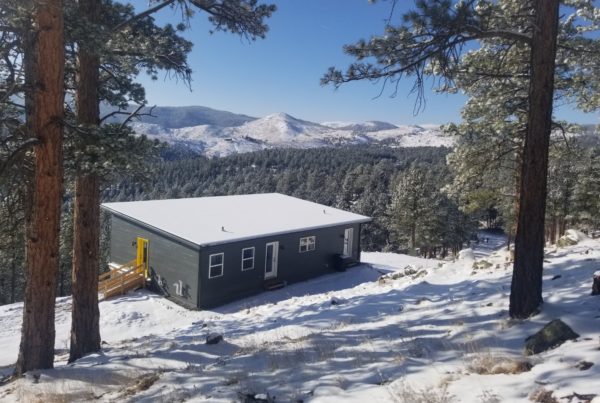Last Updated on August 10, 2020 by James Dziezynski
“Go back?” he thought. “No good at all! Go sideways? Impossible! Go forward? Only thing to do! On we go!” ― J.R.R. Tolkien, The Hobbit
We all have reserved tickets for the pain train. Death, illness, injury, and loss are inevitable and rarely do we have the slightest control over their timing. This is what being human is—deep love, deeper loss. No way around it, we have to go through it.
I have missed the mountains. Like many of you, wilderness time is not optional, it is essential and my piety towards that belief is hardwired. Being away from the wilderness and addressing grave life challenges is the proper and right thing to do—we help friends, family, pets, or endure our own difficulties as best we can. By the time the pain train has reached its destination and returned, there is a pronounced disconnect. Our bodies and minds wear the weight of emotional battles, bad sleep, and comfort food.
Back in the mountains, my body feels slow, weak, clumsy, unsure in an environment where acumen, confidence, and strength were once second nature. I’m not so much humbled as I am discouraged, no different than a musician who strays from his instrument and returns to find sloppy skills and unexpected difficulty where there was once effortless precision.
This collateral damage needs to be reframed. Step one: face the inevitability of sorrow and graciously accept things that simply cannot be understood. For six months, I’ve been deaf to the call of the mountains and they’ve been screaming. I have no regrets nor resentment for the choices I’ve made to attend to loved ones rather than indulge in that sacred wilderness. However, nature is merciless in reminding me that all those nights of lost sleep, the bad eating, the lack of exercise, and the omnipresent stress don’t matter in the wilderness—you get out of shape and the mountains will quickly remind you that fitness is a privilege, not a right.
After a few weeks of self-pity and poor performances across the board—climbing, hiking, mountain biking—my frustration grew to a head when I finally mustered up the motivation to go for a mountain bike on one of my go-to trails, Heil Ranch in north Boulder. I needed that ride. I needed lungs to burn, legs to scream, and to win back some of my former power—both my body and my ego demanded it.
But it didn’t go well. It didn’t go at all.
Upon reaching the trailhead, every single parking spot was taken. There were two cops angrily telling incoming traffic that if they can’t find an open spot, they can go pound sand. I’d never seen the lot full, but should know better—Boulder on a Saturday is like that. I circled around waiting for a place to open. With each pass, the bull-dog-like officers glared at me, as if preventing rogue parking was a matter of national importance. For 45 minutes I lapped the parking lot. When a spot did open, it was quickly snatched up by some newcomer. I had come for wilderness therapy and now I was more stressed, angrier, and boiling with frustration. I gave up.
Something like hatred electrified my body, rage with a core of self-pity. That emotion compiled of sorrow and sadness should have been purged by a good ride. Instead, it was amplified and transformed into white-hot frustration. As I sped out of the trailhead, I had a last stubborn flicker of purpose. A few weeks earlier, a friend had posted an inviting, non-competitive challenge that involved hiking all of the established trails in Boulder within a calendar year. I knew there was a small, very short trail—0.2 miles—just up the road from where I was. Buckingham Park was more of a parking lot than an actual park, but I figured I might salvage a small degree of my outdoors dignity and knock off this stupid little trail.
Parking my truck, I wandered down the shabby path, a dusty trail that is never more than 50 or so feet from the paved road. I recorded my tracks on my GPS app on my phone, just to prove I did something, even if it was as banal as this dumb little trek. On top of being angry, sad, and pissed off that I couldn’t even get a parking space, my accomplishment for the day was going to be checking off a useless, flat trail that is never more than a beer can’s throw from the road. Just call me Mr. Mountain.
I scrambled down a 5-foot high gash that scarred the creek bank where the 2013 floods ravaged the stream. The flow had regained its quiet innocence, carving out a shallow, makeshift matrix of mini-streams coursing through the stones in the river bed. I sat down on the hard sand between two patches of exposed, haunting tree roots jutting out from the clay.
Without prompting, without intention, my nature-brain began to take over.
I watched the random but persistent splash of water coat the surface of an otherwise bland, ordinary stone. When dry, the stone was chalky brown, dull and common. But as the water flashed over its surface, it became glossy and smooth, the dormant reds, yellows, and oranges illuminated in dusty sunbeams. I began to notice colorful rocks under the water, distorted by the shimmering current. I saw the twisted skin of bark on trees and the jagged twists in the displaced roots along the river bed. I felt the thin, beige dust atop the hard sand on my hands. I was again under nature’s spell.

The longer I sat, the deeper I felt the losses that had transformed my life. Simultaneously, I felt the irrefutable reminder that whatever nature is, whatever we are, our world remains in motion. It had been a long time since I took pleasure in the details, in something as simple as a stone. And being that I am reacquainting myself with trails and crags, I’m reminded that there are details only evident when you slow down. Harsh as nature can be, it is also a relentless therapist.
“We are all in the gutter, but some of us are looking at the stars,” goes the Oscar Wilde quote. And that’s it. That’s what we do. We look at the stars and the stones and the bewildering world, cruel and unjust as it may seem, and we look up.
That momentary reprieve from grief opened my heart a little. I’m making time for sleep, modifying my expectations as I rebuild my mountain mojo, and perhaps taking a cue from my dogs to stop and smell the flowers… and the garbage, and the grass, and the dead rabbit… and be ok with it all.
As it turns out, it was not the mountains calling—it was the stones in the stream.





